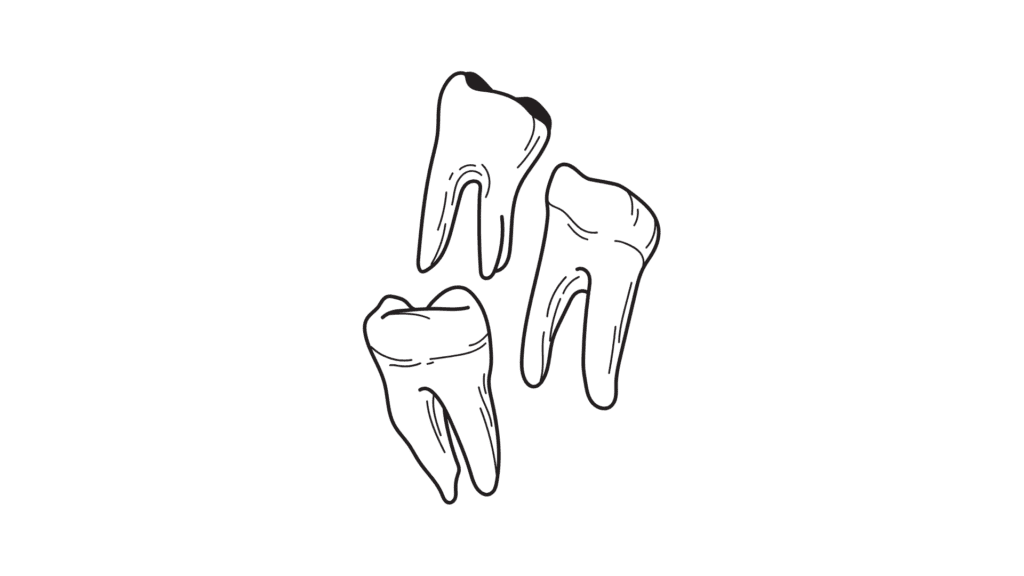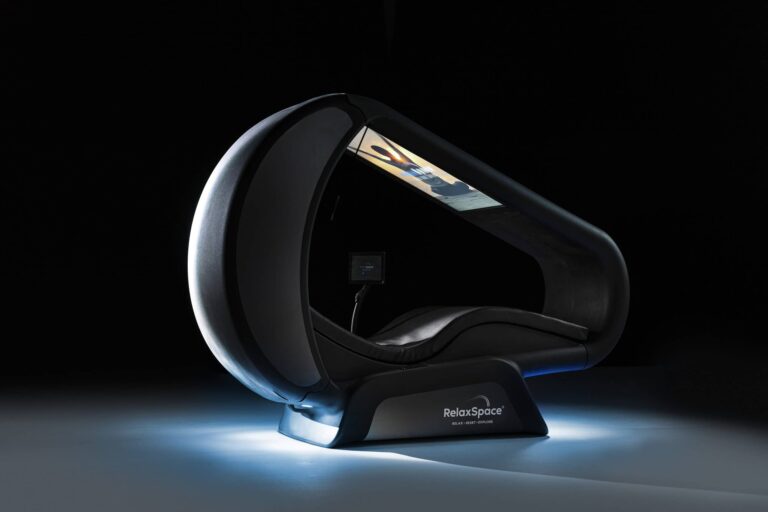8 Tips for Better Oral Health in General Dentistry

If you’re reading this, you probably brush your teeth… sometimes.
You probably also floss… right before dental appointments.
And you definitely lie about both of these things to your dentist.
Why am I bringing this up? Because general dentistry professionals are seeing the same preventable problems over and over, and they’re too professional to call you out directly.
1. You’re only brushing for like 20 seconds (and doing it all wrong)
Let’s be honest – most people don’t brush properly.
The average person brushes for less than a minute, while dentists recommend a full two minutes. And it’s not just about time:
- You’re brushing too hard (destroying your enamel)
- You’re using a sawing motion (shredding your gums)
- You’re ignoring your back teeth (hello, cavities)
- You’re skipping the gumline (where plaque loves to party)
Proper brushing means gentle, circular motions with a soft-bristled brush, hitting all surfaces for a full two minutes. Anything less is just moving bacteria around.
2. That bleeding when you floss? That’s not normal
“My gums always bleed when I floss, so I stopped” is like saying “My car makes a weird noise when I brake, so I stopped braking.”
Healthy gums don’t bleed. Period.
If your gums bleed when you floss, it means you have gingivitis (inflammation caused by plaque buildup). The solution isn’t to stop flossing – it’s to floss more consistently until the bleeding stops.
And for those who only floss right before dental appointments – trust me, your dentist can tell from the state of your gums. You’re not fooling anyone.
3. You’re treating mouthwash like it’s magic potion
Mouthwash commercials would have you believe that a quick swish will solve all your dental problems. It won’t.
Mouthwash is a supplement, not a replacement for brushing and flossing. It’s like putting cologne on instead of showering – you’re just masking the problem.
Most people use mouthwash:
- Instead of brushing (nope)
- After brushing and immediately eating (pointless)
- With alcohol-based products that dry out your mouth (counterproductive)
If you want to use mouthwash effectively, use an alcohol-free version after brushing and flossing, and don’t eat or drink for 30 minutes afterward.
4. You’re ignoring that small problem until it becomes a big one
That tiny sensitivity when drinking cold beverages? That slight discomfort when chewing? That occasional dull ache?
Your body is trying to tell you something, and ignoring it doesn’t make it go away.
Small dental issues become big, expensive, painful problems when neglected. A simple filling costs a fraction of what a root canal and crown will set you back.
Prevention is always cheaper than treatment. Always.
5. You’re using your teeth as tools (they’re not scissors)
Your teeth are designed to chew food, not:
- Open bottles
- Tear packaging
- Hold objects
- Crack nuts
- Cut fishing line
Every time you use your teeth as tools, you risk chips, cracks, and fractures that can lead to serious damage requiring expensive repairs.
Your dentist sees the consequences of these bad habits all the time, and each repair takes a little more of your natural tooth structure away.
6. You think sugar is the only enemy (it’s not)
Yes, sugar is bad for your teeth. But the real culprit is acid, which comes from:
- Sugar (after bacteria metabolize it)
- Acidic drinks (soda, sports drinks, wine)
- Citrus fruits
- Reflux and stomach issues
- Certain medications
Even “sugar-free” sodas are highly acidic and can erode enamel. And those “healthy” habits like sipping lemon water all day? You’re basically bathing your teeth in acid for hours.
The solution isn’t just cutting sugar – it’s being mindful of acid exposure and giving your mouth time to neutralize between exposures.
7. You’re playing dental insurance games (and losing)
Many people with dental insurance wait until something hurts before seeing a dentist. Then they’re shocked when insurance doesn’t cover everything.
Dental insurance typically covers:
- 100% of preventive care (cleanings, exams)
- 80% of basic procedures (fillings)
- 50% of major procedures (crowns, bridges)
See the pattern? The more serious the problem, the less insurance covers.
Using your preventive benefits saves you money in the long run. Those twice-yearly cleanings and exams catch problems when they’re small and inexpensive to fix.
The bottom line: Your dentist wants to see you less
That sounds weird, but it’s true. Your dentist would rather see you twice a year for painless checkups than have you show up in agony needing major work.
Good dental habits mean:
- Less time in the dental chair
- Less money spent on treatment
- Less pain and discomfort
- Better overall health (yes, oral health affects your whole body)
So brush properly, floss daily, see your dentist regularly, and address small problems before they become big ones.
Your mouth, wallet, and dentist will all thank you.


